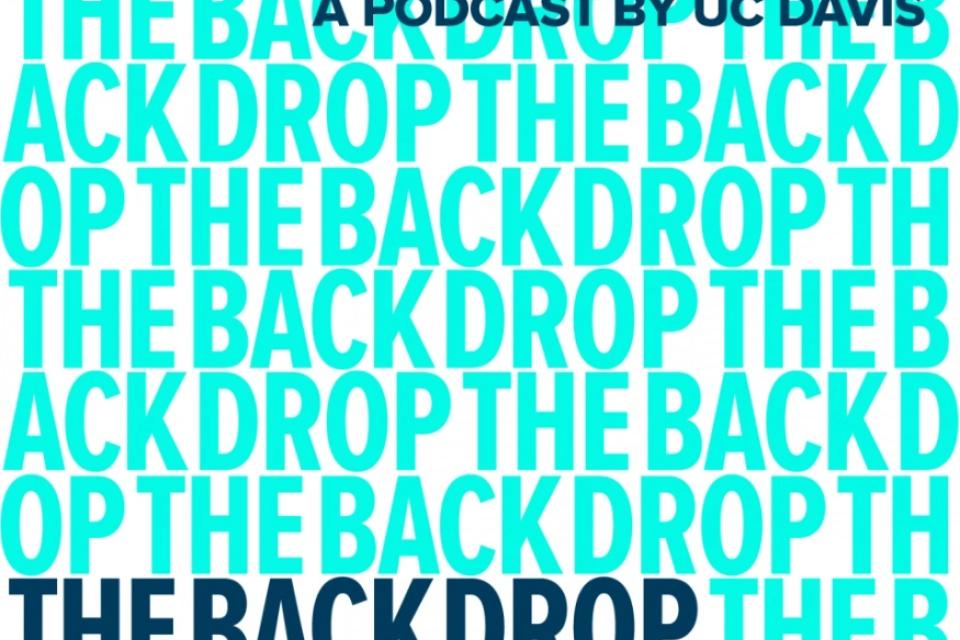The Impact of Climate Change on Financial Markets: Lack of Consensus Perils Investors
Professor Paul Griffin say 30+ years of academic research falls short

After three decades of published research, there is still little consensus or guiding principle from academia to help investors gauge the climate-related financial risk facing public companies. This puts investors at a disadvantage and academic experts on slippery footing to influence policymakers who regulate financial disclosures.
In a new article, Distinguished Professor Paul Griffin and his co-author Estelle Sun of the Questrom School of Business at Boston University identified the most influential papers on the topic using advanced techniques of citations to track the understanding of how climate risk impacts financial markets. The area is given much attention by financial regulators and standard setters and is also considered important for economy-wide financial stability.
Griffin defined climate-related financial risk as the combination of the physical and transition climate risks that affect firm performance and firm value. In particular, the risks associated with the environment, emissions, extreme weather events, and climate-related regulatory risks.
AI-Powered Search Reveals Nearly 170 Top Papers
To survey the literature, Griffin and Sun examined a comprehensive sample of articles on climate-related financial risk published in the Financial Times’ Top 50 (FT50) journals of accounting, finance, management, and business ethics over three decades, ending in 2022. The FT50 is a list of the 50 academic and practitioner journals used by the Financial Times to rank faculty research in MBA, EMBA, and online MBA programs.
They then used an AI-powered platform to sort through millions of papers to identify the most connected papers to these FT50 papers. Ultimately, they tracked the flow of knowledge over three decades of literature on climate-related financial risk, comprising 73 FT50 papers and 94 non-FT50 papers.
Research on Climate-related Financial Risk Still Not Fully Baked
“You'd think we'd agree on some core results,” said Griffin, who has studied extensively this unpriced climate change risk and how it can affect markets and the economy. “However, we found little consensus among the findings of these papers.”
"If researchers can't even agree on the fundamental question—do financial markets properly price climate risk or not—how can we convince policymakers that we have a generally accepted theory of climate risk on which they can rely as a basis for good policy and regulation," Griffin questioned.
There is plenty of blame to go around. Griffin attributes some of this to journal editors who prioritize novelty over building a comprehensive theory through replication.
“Much additional research is required if the findings from research on climate-related financial risk are to inform accounting practice, guide policymakers in designing disclosure frameworks, or be viewed as acceptable findings in judicial proceedings,” Griffin and Sun wrote.
Learn more:
“Climate-Related Financial Risk: Insights from a Semisystematic Review of the Literature and Implications for Financial Reporting” by Paul Griffin and Estelle Sun was published in the June 2024 issue of The International Journal of Accounting: https://doi.org/10.1142/S1094406024500070


